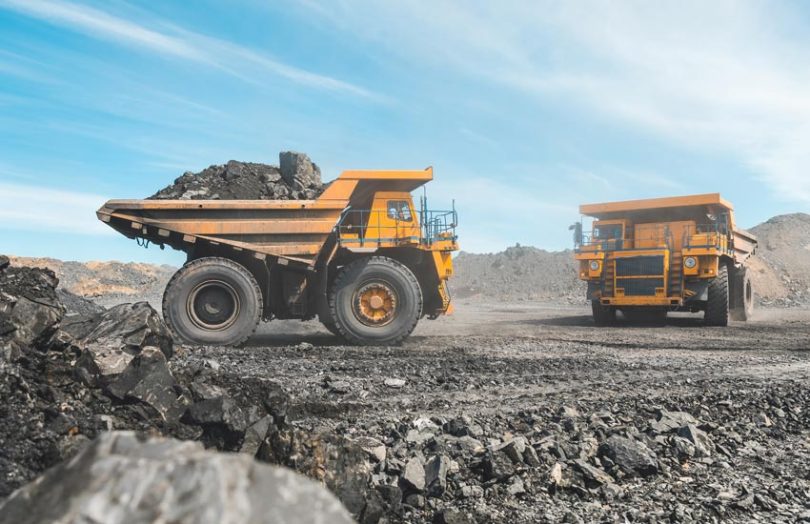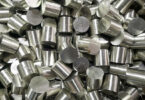Today, German engineering firm DMT announced the launch of CERA, a blockchain-based certification system for the mining industry. Apart from meeting sustainability targets, the solution also offers traceability of raw materials from the mine to the finished product. A key part of the program will be a new universal certification standard from the CERA Association.
DMT has been developing CERA since 2015 and now plans to launch the solution in 2020. EIT Raw Materials provided financial support, and the advisory board includes Volkswagen, Fairphone, Euromines, University of Southern Denmark, United Nations ECE and the EU Joint Research Centre (JRC).
CERA is targeting the fragmented market for mineral certifications. Currently, there are various certification standards followed for different minerals, regions and mining processes. That leaves room for things to slip through the gaps.
“CERA solves the problem of complexity and inconsistency of sustainability standards in raw materials,” said Dr Andreas Hucke, CERA Project Director, Head of Raw Materials Sustainability, DMT.
Ledger Insights asked how certification can be valid across countries with different regulatory rules. CERA responded by email: “CERA is not replacing regulatory rules but harmonising fragmented and inconsistent regulation. There are over 100 certification schemes that exist, some are only valid for one mineral, some for only one country and others just for a process. For example, covering a mine but not a smelter or a refinery.”
“This is where CERA comes in and builds a certification system that follows the mineral and ensures standards across the supply chain for every mineral regardless of geography. The implementation of CERA is voluntary, driven by the increasing desire of consumers to have sustainable goods across all industries. From cocoa to fruit and now to minerals in your iPhone, electric car and more.”
The team behind CERA comprises of researchers and executives from the Leiden University in Netherlands, the University of Leoben in Austria, Luleå University of Technology, Research Institutes of Sweden, TÜV NORD CERT GmbH and DMT.
To achieve its goals, CERA has divided the supply chain into four different certificates —
- Readiness Standard for exploration and evaluation
- Performance Standard for mining, processing and refining
- Chain of Custody Standard for traded commodities
- Final Product Standard for the end product and its components
We asked whether material certified by a different organization (or standard) could be included in the next stage of certification. CERA responded: “For a final product to be CERA certified the CERA certification must run from exploration to end product. However, CERA recognises that some stages in various companies may be ready before others to comply with CERA certification regulation. This is why CERA separated the certification stages – so that different aspects and stages can be CERA certified.”
While pilot projects are set to begin in 2019, DMT said CERA would only issue its first certificate in 2021.
The certification process will be carried out using a private blockchain while its verification and search will be available on a public blockchain. CERA told Ledger Insights that “blockchain is used to ensure the highest level of data security is maintained in the ledger.” The technology is proprietary.
The minerals will be linked to their digital representations using geochemical fingerprinting.
There are several other blockchain projects focused on proving the authenticity of commodities and products. RCS Global is helping IBM develop a Cobalt traceability solution with Volkswagen and others.
Nordic firm DNV GL is working with VeChain for a supply chain assurance platform for packaged goods using blockchain technology. Brands can use DNV’s blockchain solution to record and evidence the sustainability and quality of a product’s supply chain.
Certification company SGS is working with supply chain services provider Transparency-One for a blockchain solution. SGS is also part of the blockchain trade finance platform komgo, which is focused on the oil sector.
In terms of sustainability in the supply chain, OpenSC is currently leading the charge. The World Wide Fund for Nature (WWF) Australia is backing the initiative which recently raised $4 million in a seed round.






